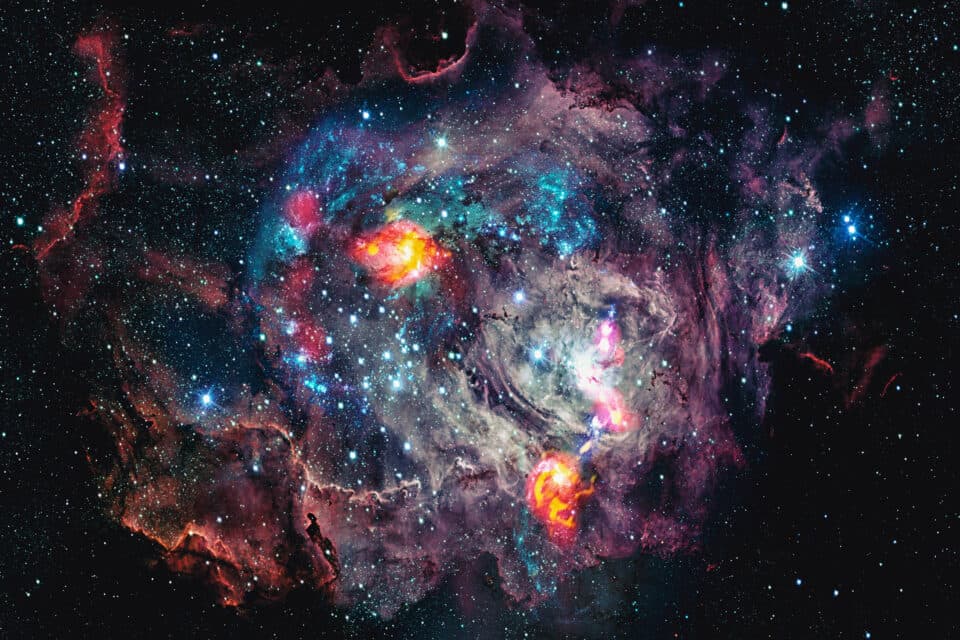Our Universe May Not Contain Dark Matter: Recent Study Suggests

March 15, 2024
The contents of this article have passed through the rigorous editorial process of Science X. The highlighted features of the article include being:
- Fact-checked
- Published in peer-reviewed publications
- Sourced from trusted sources
Proofread by Bernard Rizk from the University of Ottawa
The article introduces a fresh approach, from a study from the University of Ottawa, to the theoretical model on the universe's composition, challenging the current belief that it consists of normal matter, dark energy, and dark matter.
The study, which was published in The Astrophysical Journal today, questions the validity of dark matter in the current model of the universe.
In cosmology, 'dark matter' is a term describing the entities that do not interact with light or the electromagnetic field, or can only be explained via gravitational force. Dark matter allows us to interpret the behaviours of galaxies, planets, and stars, even though we can't see it or know its composition.
Focusing on covarying coupling constants (CCC) and 'tired light' (TL) theories (CCC+TL model), Rajendra Gupta, a physics professor at the Faculty of Science, reached this revolutionary conclusion.
This model, which is a conjunction of two ideas about the decrease in forces of nature over cosmic time and the energy loss of light during long-distance travel, aligns with several observations in terms of how galaxies and light from the early universe are distributed and evolved respectively.
This discovery brings the current understanding of the universe into question, which proposes that dark matter makes up approximately 27% of the universe and less than 5% comprises regular matter, with dark energy forming the rest.
Gupta explains that their study's findings validate the previous study, which estimated the age of the universe to be 26.7 billion years, and prove that dark matter is not a requirement for the universe's existence.
Gupta adds that while traditional cosmology attributes the universe's accelerated expansion to dark energy, it's actually the result of the diminishing forces of nature with the universe's expansion.
The term 'Redshifts' refers to the shift of light towards the red part of the spectrum. The scientist examined data from recent papers on low redshift galaxy distributions and high redshift sound horizon's angular size.
Gupta shares that his paper, in his knowledge, is the first to dismiss the cosmological existence of dark matter while aligning with crucial cosmological observations.
By questioning the necessity of dark matter in the universe and providing evidential support for a new cosmological model, the study uncovers new possibilities to investigate the basic attributes of the universe.
Journal Information: Astrophysical Journal
University of Ottawa provided this data.




